Last Updated on June 3, 2024
A one armed man selling shoes, a lady with a log obsession, evil spirits called BOB who feed on pain and suffering, dwarves speaking backwards, a ton of doughnuts, plus a murder mystery with a killer reveal. It can only be one crazy series, can’t it? That’s right my fellow wonderful gore-hounds, we’re taking a psychedelic trip to the fictional Washington town of Twin Peaks. The original show ran from 1990 to 1991 and followed an investigation by FBI agent Dale Cooper, played to perfection by Kyle MacLachlan, into the murder of Sheryl Lee’s homecoming queen, Laura Palmer. The series didn’t end there though, no siree, writer / director David Lynch had grander plans for the residents of Twin Peaks.
In fact, in was only one year later, 1992, that Lynch unleashed his big screen movie based around the events leading up to the first season of the show; prequel, Twin Peaks: Fire Walk With Me. I mentioned some of the more, shall we say, weirder moments from Twin Peaks at the very beginning of this video, but that was really just a drop in the psychedelic ocean of David Lynch’s cult classic series. Alongside the log ladies and evil spirits, the series had an intriguing murder mystery at its heart, plus other crazy moments that live long in the memory, if you’re fortunate enough to be well versed in the events of Twin Peaks. So, with a cult classic TV show under his belt, was co-creator David Lynch able to successfully adapt his vision for the big screen? Well, grab that log and let’s find out together, here on WTF happened to Twin Peaks: Fire Walk With Me.
I’ll dive into the critical reception of Twin Peaks: Fire Walk With Me in more depth a little later in this retrospective, but I recall the movie being unfairly met with a luke-warm reception upon release, despite the pedigree of all involved behind and in front of the camera. Before he co-wrote Twin Peaks, alongside Robert Engels, David Lynch had earned a reputation for portraying evil lurking behind utopian American facades. The contrasting imagery in 1986’s Blue Velvet is a good example; the symbolism in the opening shot of the white picket fences with beautiful red roses, opposed to the movie’s sociopathic Frank Booth. Or, perhaps even the recurring motifs in Lost Highway, Mullholland Drive and Inland Empire; Lynch using red curtains to show that people are terrified of the unseen. Twin Peaks, the series, also continued these themes, alongside Agent Cooper’s infectious hopefulness, despite having to unearth the town’s darkest secrets.
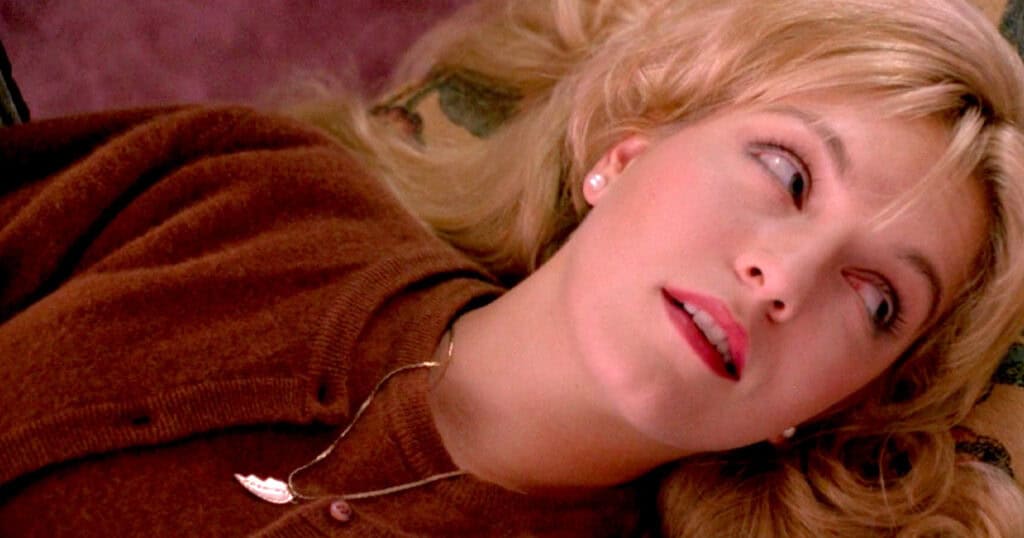
Before the idea for a Twin Peaks movie came to fruition, producers Aaron Spelling Productions initially wanted to create a third season of the TV show, however, declining ratings and the increasing cost of production meant that TV network ABC canceled it. Lynch, alongside Spelling Productions, agreed to conclude the series as a film trilogy, secured a $75 million dollar deal with French company Ciby 2000, and announced the first movie just a month after the series was cancelled. However, Lynch and co-creator Mark Frost couldn’t agree on whether to make the movie a straight-up sequel, or a non-linear prequel, so ultimately Frost departed the project to direct 1992’s erotic thriller Storyville, starring James Spader.
Lynch later admitted his reasons for wanting to make a Twin Peaks film, saying in an interview that, “I couldn’t get myself to leave the world of Twin Peaks. I was in love with the character of Laura Palmer and her contradictions: radiant on the surface but dying inside. I wanted to see her live, move and talk. I was in love with that world and I hadn’t finished with it”. Actress, Sheryl Lee, who played Laura Palmer, echoed Lynch’s sentiments with regards to her character, saying that, “I never got to be Laura alive, just in flashbacks; it allowed me to come full circle with the character”. One key person, however, was not overly keen on returning to the world of Twin Peaks, Agent Cooper himself, Kyle MacLachlan, as he was worried about being typecast by taking on the role again. He also felt that the quality of the show dipped significantly in the second season. Roughly a month later, though, MacLachlan was eventually persuaded to join the project, with the deal being he would take on a smaller role. This meant the script was rewritten so that ‘Wicked Game’ crooner Chris Isaac’s Agent Chester Desmond, would be the one investigating a key murder in the movie’s plot.
Principal photography began on the movie on September 5th, 1991 in Snoqualmie, Washington, plus other locations in Los Angeles and Seattle. Unfortunately though, despite some of the main players returning for the film, series regulars Lara Flynn Boyle, Sherilyn Fenn and Richard Beymer all missed out due to what was described as scheduling conflicts at the time. According to an interview that Fenn did in 1995, she said that the real reason was that she was disillusioned with how season two turned out, but later contradicted those views in an interview from 2014, where she claimed it was a scheduling conflict with Of Mice and Men that caused her absence. Also, Beymer claimed in a 2007 interview that he didn’t appear in any scenes shot for the movie, despite his character, Benjamin Horne appearing in the script.
With such an eclectic cast of characters from the TV show, it would have been nigh on impossible to shoehorn everyone in, plus a lot of the characters may have not had much of a bearing on the life of Laura Palmer. Actors such as Michael Ontkean (Harry S. Truman), Warren Frost (Will Hayward), Mary Jo Deschanel (Eileen Hayward), and Everett McGill (Ed Hurley) were just several performers who filmed roles but ended up on the cutting room floor. They did, however, make it onto ‘The Missing Pieces’, a feature length compilation of deleted and extended scenes that appears on the film’s Blu-Ray box set. The main cast members that feature in prominent roles in the finished cut are, of course, Kyle MacLachlan in his smaller role, plus Sheryl Lee as Laura Palmer, Ray Wise as Leland Palmer, Mädchen Amick as Shelly Johnson, Dana Ashbrook as Bobby Briggs, Miguel Ferrer as Albert Rosenfeld, Chris Isaak as Special Agent Chester Desmond, plus notable roles for Keifer Sutherland and Heather Graham. This is just a drop in the ocean of the sprawling cast, and director Lynch even appears in a fun cameo.
Plot-wise, the movie is a prequel and a semi-sequel to the cult TV series and mainly focuses on the last week of Laura Palmer’s life, whose murder was the unwinding mystery of the show. In the early 90s all the chat around office water-coolers the world over was just who exactly killed Laura Palmer. This was all pre-internet as we know it today, but I remember all sorts of mad theories being bandied around between my folks and their friends. None of which were anywhere close to the ultimate reveal of the killer, but such was the intrigue and mystery of the show, people were fascinated with who exactly the murderer was. In Twin Peaks: Fire Walk With Me, instead of attempting to answer a who-dunnit, Lynch attempted to answer the question, “who was Laura Palmer”.
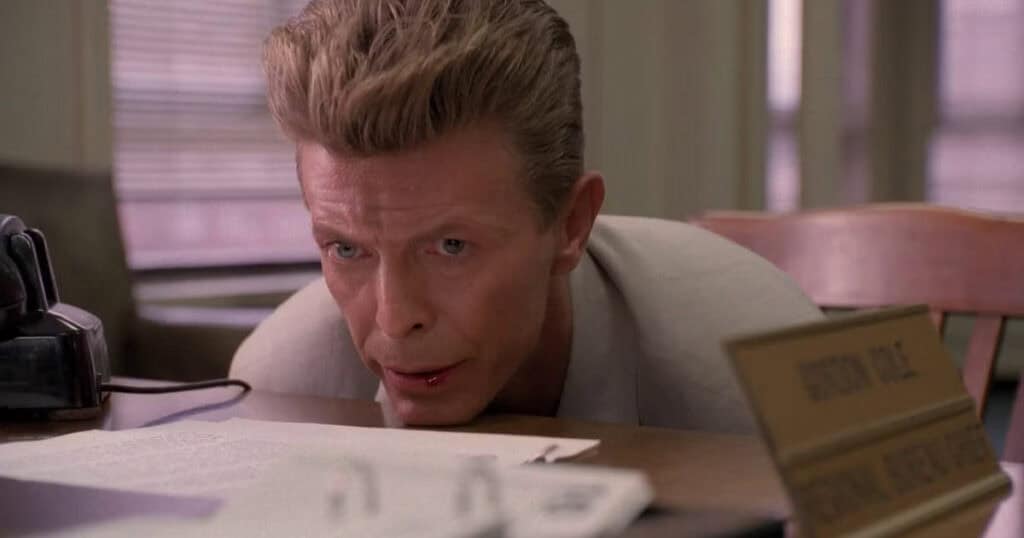
Was he successful in creating a feature length version of his sprawling, mad as a box of frogs, TV show? Well, for this particular writer, the answer to that is most definitely yes. The director initially settles the audience into a tone that seems more akin to the show, with a prologue that focuses on agents Desmond and Stanley who are investigating the somewhat grisly murder of Theresa Banks. This sequence feels tonally more like the TV show and when David Bowie’s missing FBI agent appears, it becomes more like the nightmarish elements of the show, with a sense of impending doom lingering over the town. Bowie’s cameo is a massive highlight of the film, with his menacing ramblings setting the tone perfectly for the events that follow.
What really elevates the movie is Sheryl Lee’s performance as Laura Palmer. Her emotional range is excellent and she’s given ample opportunities to prove that Lynch’s vision for the movie was the right call. You can really feel the pain and suffering behind her angelic eyes, and in one standout scene we see her go from feisty and defensive, when accused of cheating by her drug dealing boyfriend, Bobby, to innocent and flirty when she needs to manipulate him. It’s a great performance, and her wonderfully expressive eyes illuminate the arc her character is ultimately on, perfectly.
I could wax lyrical about many of the outstanding performances from the stellar cast, but special mention must go to Ray Wise who plays Laura’s father Leland. Wise deftly balances his role between being a loving and often sympathetic father with his menacing, abusive side. Their relationship is often incredibly uncomfortable to watch, such is the power behind their performances, and one scene in which Leland berates Laura over dinner about washing her hands is one of the more upsetting moments. Another element of the movie that elevates it hugely is the score from Angelo Badalamenti who manages to infuse rap, jazz and synth into the film to great effect. Also, when Laura tearfully watches Julie Cruise singing ‘Questions in a World of Blue’, it’s one of the most heartbreaking moments in the movie, enhanced by some wonderful production design. After re-watching the movie for this retrospective, I think it was perhaps misunderstood upon first release, and for me at least, is a triumph.
Twin Peaks: Fire Walk With Me was released by New Line Cinema on August 28th, 1992, in 691 US theaters. The movie grossed $1.8 million dollars over its opening weekend, and went on to make $4.2 million dollars in North America. Critically the movie was met with a decidedly mixed response that was contrary to the TV show. It was entered into the 1992 Cannes Film Festival and was allegedly met with boos and hisses from the often difficult to please festival patrons, however, writer Robert Engels denies this ever happened.
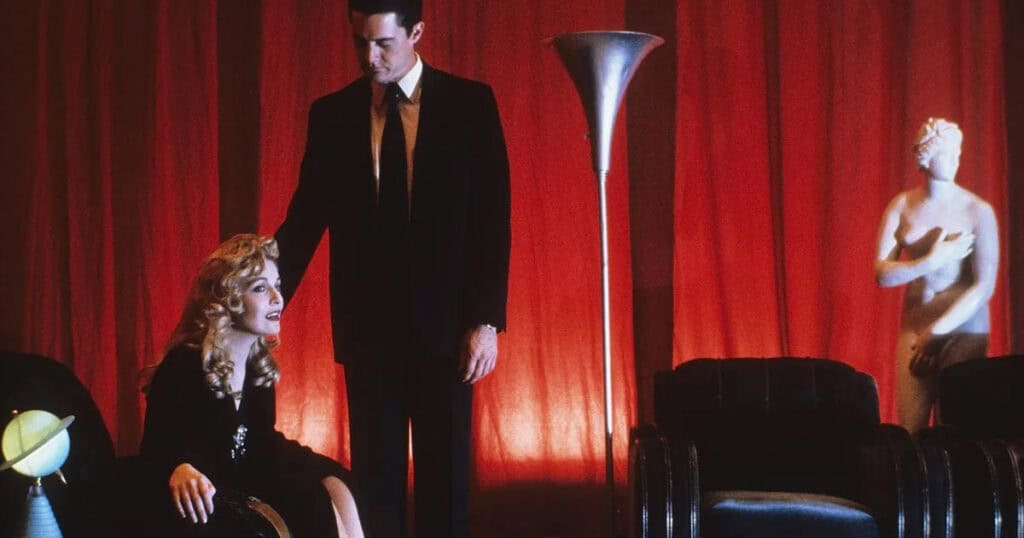
Initial reviews from critics were polarizing to say the least. The New York Times slated the film and wrote that, “Mr. Lynch’s taste for brain-dead grotesque has lost its novelty. It’s not the worst movie ever made; it just feels like it”. However Rolling Stone were more impressed with the film, praising it overall by saying, “though the movie ups the TV ante on nudity, language and violence, Lynch’s control falters. But if inspiration is lacking, talent is not. Count Lynch down but never out”. Also, later retrospective analysis of the film has led to critics such as the UK’s Mark Kermode calling it a “masterpiece.” it has also appeared in many ‘Top 100 Movies of All Time’ lists, and The Telegraph calls the film “a widely misunderstood masterpiece”. Quentin Tarantino, who was at Cannes with Reservoir Dogs, infamously summed up the film this way: “After I saw Twin Peaks: Fire Walk with Me at Cannes, David Lynch had disappeared so far up his own ass that I have no desire to see another David Lynch movie until I hear something different. And you know, I loved him. I loved him.”
So, I guess it depends on your own personal point of view with regards to the merits of the movie, in contrast to the cult appeal of the TV show it spawned from. David Lynch, for some folk, can be an acquired taste, but for this writer at least, his work speaks about so much and the weird and wonderful worlds he helpes to create are fascinating. More importantly though, what’s YOUR take on Fire Walk With Me? Did Lynch manage to successfully answer who exactly Laura Palmer was, or was creating a feature length movie a step too far. Hey, maybe that prophetic log knows! Until next time gore-hounds, thanks for watching and leave your thoughts in the comments.







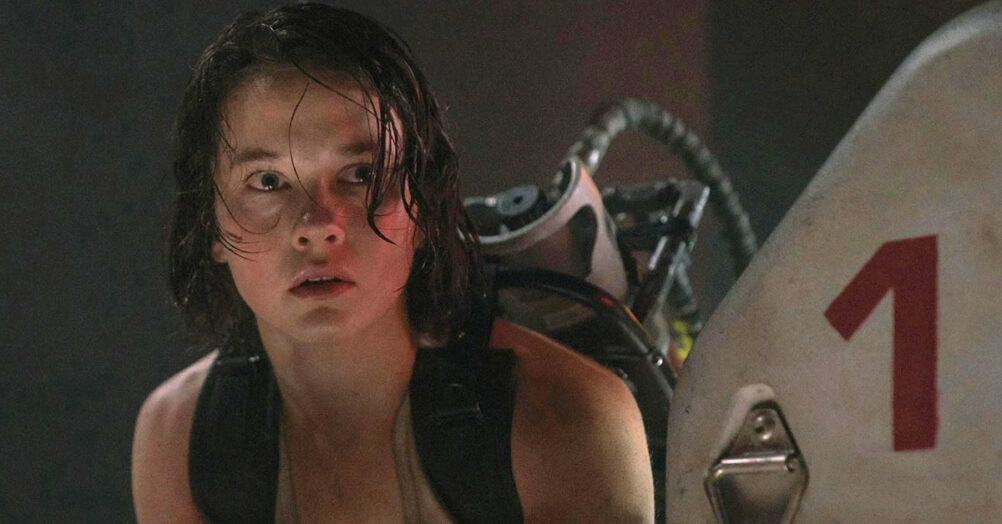


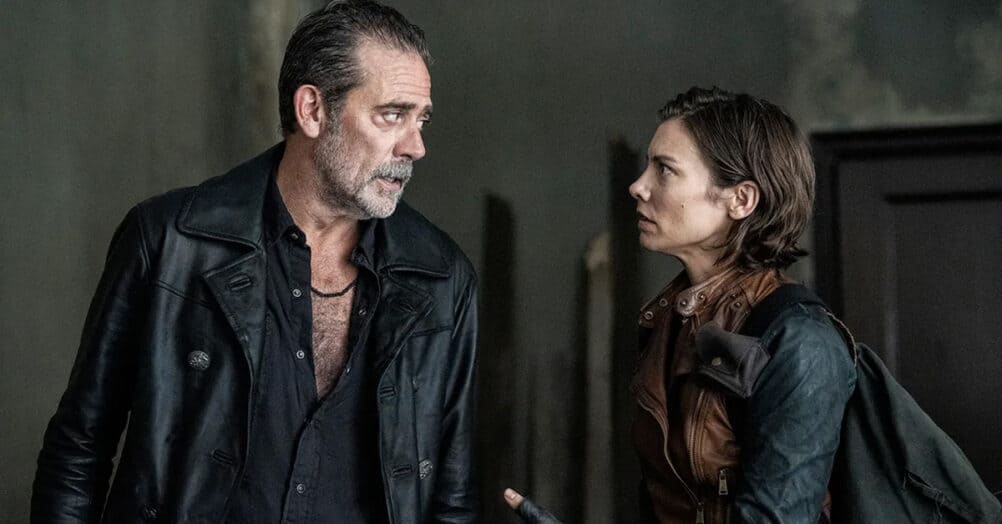
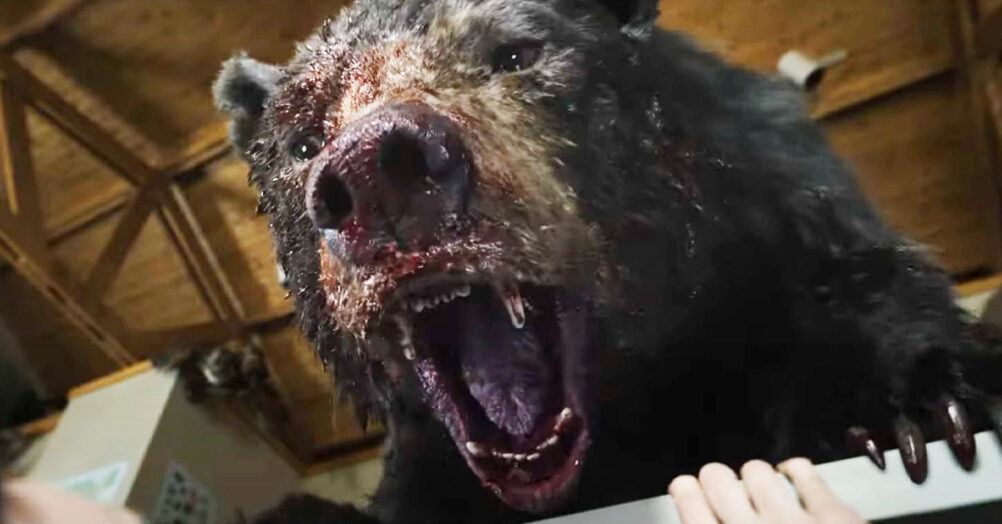

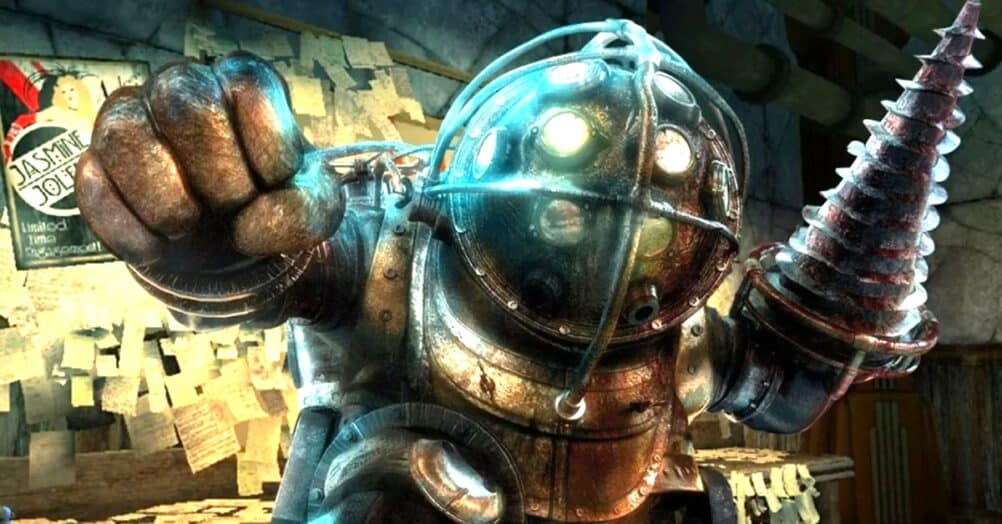
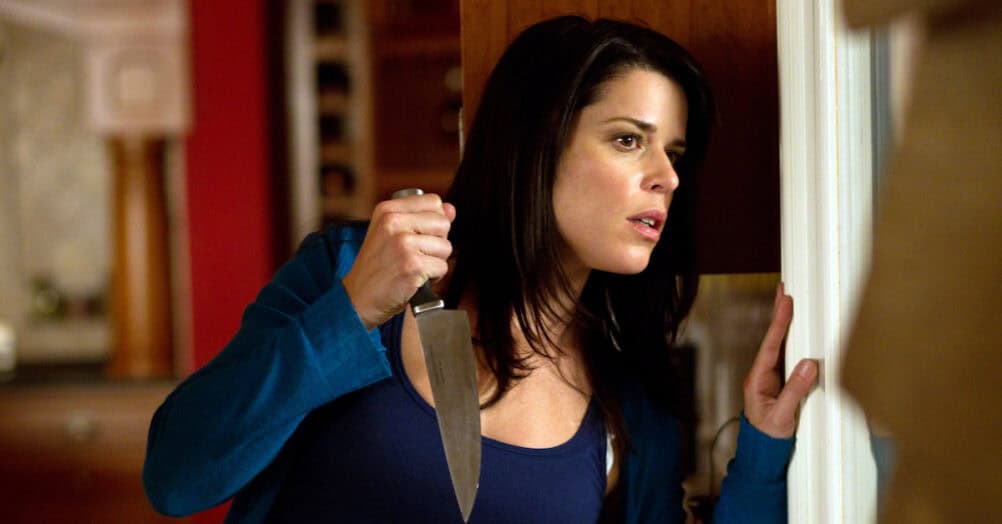


Follow the JOBLO MOVIE NETWORK
Follow us on YOUTUBE
Follow ARROW IN THE HEAD
Follow AITH on YOUTUBE